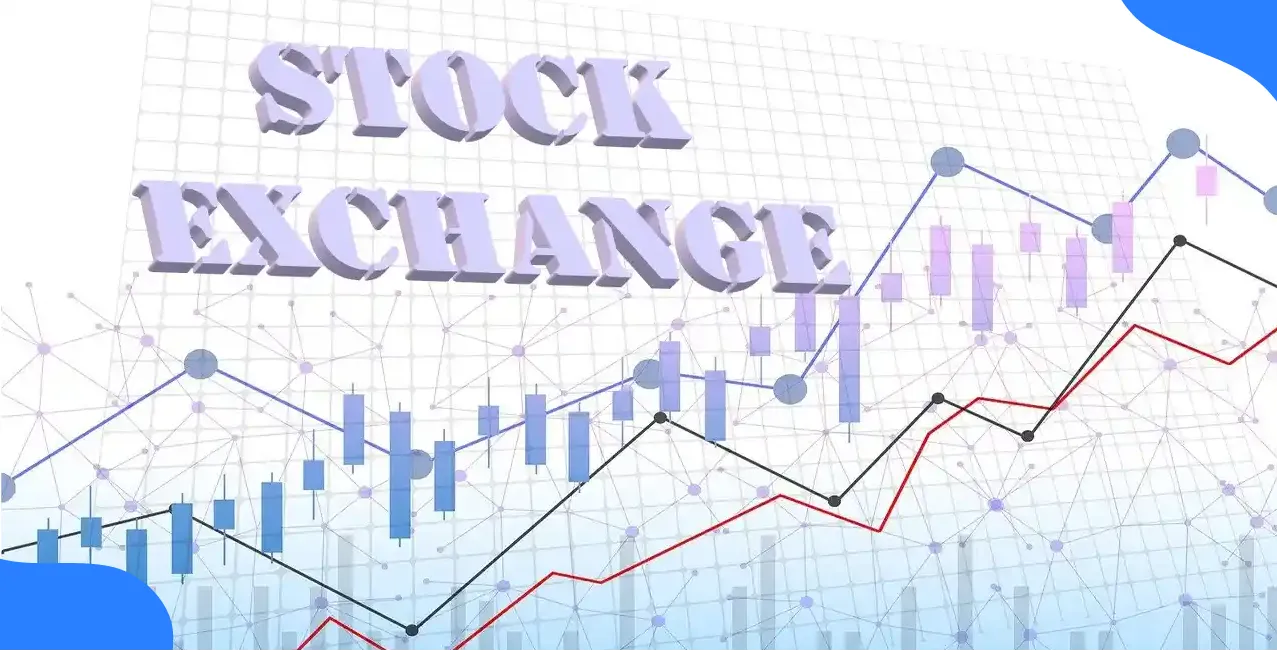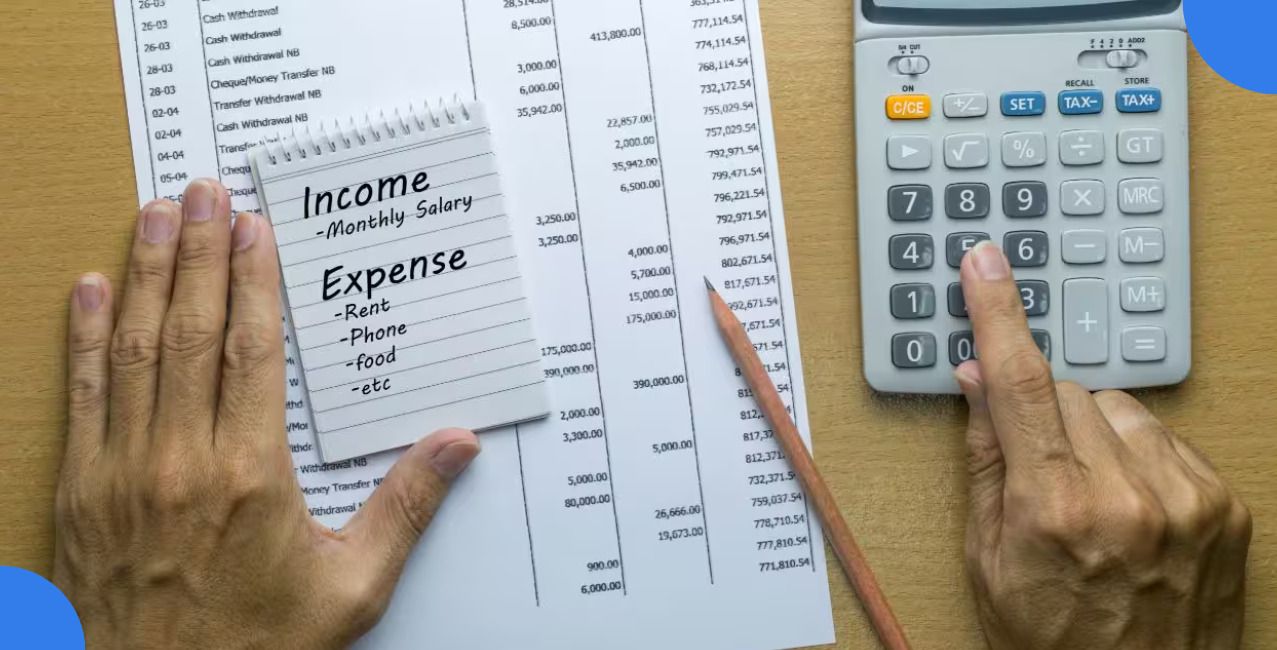What is the Stock Exchange? Meaning, Role & Major Exchanges in India

Check Your Loan Eligibility Now
By continuing, you agree to LoansJagat's Credit Report Terms of Use, Terms and Conditions, Privacy Policy, and authorize contact via Call, SMS, Email, or WhatsApp
A stock exchange helps people buy and sell company shares. It works like a big market where investors trade shares daily.
Example: Raj wants to buy 10 shares of Tata Motors. Each share costs ₹500. He places his order on the Bombay Stock Exchange (BSE). Another investor, Priya, wants to sell 10 Tata Motors shares. The exchange matches their orders automatically. Raj pays ₹5,000 total (10 × ₹500). Priya receives ₹5,000 minus small fees. Both complete their trade within seconds.
Major Indian Stock Exchanges
Stock exchanges ensure fair trading. They protect investors from fraud. They help companies raise money easily. They boost economic growth across India.
1. Primary Market Functions
The primary market helps companies raise fresh money. Companies sell new shares to investors here. This process funds business expansion and growth plans. Investment banks help companies price their shares correctly.
Reliance Industries launched its IPO in 1977. The company offered 2.8 million shares at ₹10 each. Investors bought shares worth ₹28 crores in total. This money helped Reliance build new factories. The company used funds for a petrochemical plant.
Companies submit detailed financial reports before listing. SEBI approves all public share offerings carefully. Merchant bankers guide companies through listing procedures. The primary market creates new investment opportunities. Fresh capital helps companies grow their business operations.
Read More – What is a clearing house – Role in Trade Settlement and Risk Reduction
2. Secondary Market Operations
The secondary market allows existing shareholders to trade. People buy and sell previously issued shares here. Share prices change based on demand and supply. This market provides liquidity to all investors.
Example: Amit bought 100 Infosys shares at ₹1,400 each. He paid ₹1,40,000 total for his investment. After six months, share prices rose significantly. Infosys shares reached ₹1,600 per share. Amit sold all shares for ₹1,60,000 total.
Brokers facilitate all secondary market transactions efficiently. They charge small fees for their services. Electronic trading makes buying and selling very fast. The secondary market operates during specific hours. Investors can trade shares from anywhere easily.
3. Price Discovery Mechanism
Stock exchanges help determine fair share prices. Buyer and seller orders create price discovery. Supply and demand forces set share values. This process ensures transparent and fair pricing.
Example: TCS shares opened at ₹3,200 on Monday. Many investors placed buy orders at ₹3,150. Several sellers wanted ₹3,250 per share minimum. The exchange matched orders at ₹3,200 exactly. Over 50,000 shares traded at this price.
Computer systems match buyer and seller orders automatically. The best prices get priority in trading. Real-time price updates help investors make decisions. Market makers provide liquidity when needed. Price discovery happens continuously during trading hours.
4. Regulatory Framework and Safety
SEBI regulates all Indian stock exchanges strictly. It protects investors from fraud and manipulation. Clear rules ensure fair trading for everyone. Regular audits maintain market integrity and trust.
Example: Harshad Mehta manipulated shares in 1992 illegally. He used fake bank receipts worth ₹3,500 crores. SEBI caught his fraudulent activities through an investigation. The regulator imposed strict penalties on him. New rules prevent such manipulation attempts now.
SEBI monitors all large transactions very carefully. Suspicious trading patterns trigger immediate investigations. Licensed brokers are required to follow strict compliance rules. Investor grievance mechanisms resolve disputes quickly. Strong regulations build confidence in stock markets.
5. Major Stock Exchanges in India
BSE and NSE dominate Indian stock trading. Both exchanges list thousands of companies daily. They use advanced technology for smooth operations. Regional exchanges serve local investor needs effectively.
Also Read - What is SEBI? Role, Powers & Importance in Indian Financial Markets
Example: BSE Sensex includes 30 top company shares. The index value was 65,000 in January. It represents ₹50 lakh crores market value. NSE Nifty tracks 50 leading companies similarly. Both indices guide investment decisions across India.
Both exchanges compete to attract new listings. They offer various trading platforms for investors. International investors also trade on these exchanges. Technology upgrades improve trading speed and efficiency. These exchanges boost India's economic growth significantly.
Conclusion
Stock exchanges play a vital role in India's economy. They help companies raise money for growth. Investors can buy and sell shares easily. SEBI protects everyone from fraud and cheating. BSE and NSE provide safe trading platforms. Millions of Indians invest through these exchanges. Share prices reflect company performance accurately.
Technology makes trading fast and simple. Stock exchanges create wealth for ordinary people. They connect businesses with investors effectively. Regular people can become company owners. These markets support India's economic development.
Stock exchanges will continue growing in India. They make capitalism accessible to everyone. Smart investing builds long-term financial security.
FAQs
Q1: What is a stock exchange?
A: A market where people buy and sell company shares.
Q2: Which are India's main stock exchanges?
A: BSE and NSE are India's biggest stock exchanges.
Q3: Who regulates Indian stock markets?
A: SEBI regulates all stock exchanges in India safely.
Q4: What time do stock markets open?
A: Indian stock markets open at 9:15 AM daily.
Q5: Can ordinary people invest in shares?
A: Yes, anyone can buy shares through registered brokers.
Other Informative Pages | |||
About the author

LoansJagat Team
Contributor‘Simplify Finance for Everyone.’ This is the common goal of our team, as we try to explain any topic with relatable examples. From personal to business finance, managing EMIs to becoming debt-free, we do extensive research on each and every parameter, so you don’t have to. Scroll up and have a look at what 15+ years of experience in the BFSI sector looks like.
Subscribe Now
Related Blog Post

Salaried vs. Self-Employed: Who Gets a Personal Loan Faster in 2025?

Too Many EMIs? What to Do When Monthly Payments Become Unmanageable

Post Office Customer Care Number: Helpline & Support
Recent Blogs
All Topics
Contents
Quick Apply Loan
Consolidate your debts into one easy EMI.
Takes less than 2 minutes. No paperwork.
10 Lakhs+
Trusted Customers
2000 Cr+
Loans Disbursed
4.7/5
Google Reviews
20+
Banks & NBFCs Offers
Other services mentioned in this article





